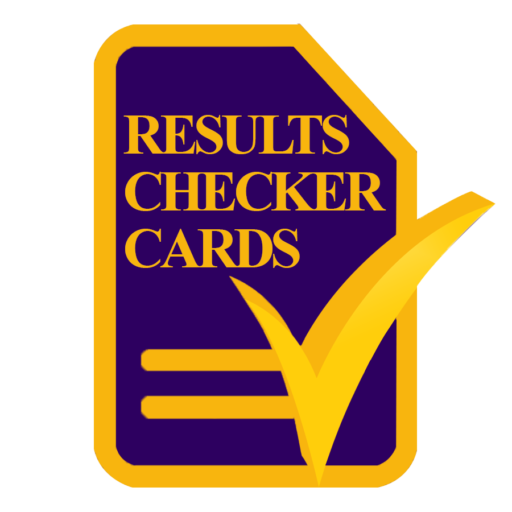Due to the effectiveness and simplicity of rapid payments, secure transfers, credibility, and other beneficial features, businesses today have switched from traditional payment systems (such as direct bank transfers or cash) to online payment gateways. How many different payment gateways are there? What are the benefits and drawbacks of a payment gateway?
As shown in the article “Payment Gateways – Types + How it works“, there are 4 types of payment gateways:
- Hosted payment gateway
- Self-hosted payment gateway
- API hosted payment gateway
- Local bank integration gateway
On Checker Cards website, it especially uses a self-hosted payment gateway.
Top 4 Types of Payment Gateways
Here are the 4 different payment gateway types, each with advantages and disadvantages;
Hosted payment gateway
Hosted payment gateway direct your clients away from the checkout page on your site. When the client clicks the link of gateway, they are redirected to the Payment Service Provider (PSP) site. The user fills out his or her payment information here; and the customer is routed back to your website to complete the checkout process after the buying process.
Advantages:
- Secure – Transaction is Fully PCI compliant and defended by the fraud protection system
- Easy – This type of payment gateway is common to most users, simple to use and easy to install
- Customize
Disadvantages:
- The merchant cannot monitor the entire customer’s purchasing experience because of the external payment gateway factors.
2. Self-hosted payment gateways
In this form of gateway, the payment information inside the merchant’s website is gathered from the user. Upon requesting the information the collected data will be sent to the URL of the payment gateway. Many gateways need a particular format for the payment data, while others need a hash key or a hidden key.
Advantages:
- Great customer service – completing the whole transaction in one location
- Customisable flow – the merchant can monitor the payment journey
Disadvantages:
- No support system – Self-hosted payment gateways do not typically have a technical support team. If anything fails, you’ll need to find out how to fix the problem by yourself. And you can employ an accomplished specialist who may be expensive.
3. API hosted payment gateways
Customers input their credit or debit card details directly on the merchant’s checkout page with API hosted payment gateways. Payments are handled using API (Application Programming Interface) or HTTPS queries.
Advantages:
- Customisable – has complete oversight of the payment journey’s customer experience and UI
- Integrative capable – can be used for mobile devices, laptops, etc.
Disadvantages:
- Security – Compliance with PCI DSS and purchasing SSL certification are the requirement that merchants have to strictly follow
4. Local bank integration gateways
Local bank integration gateways redirect the customer to the website of the payment gateway (the website of the bank), where they input their payment information and contact information. The customer is redirected back to the merchant’s website after making the payment, with payment notification data sent upon redirection.
Advantages:
Quick and easy to install – good for small businesses requiring a simple one-time payment system
Disadvantages:
Basic features only – usually do not allow returns or repeated payments, so it’s not suitable for wholesalers
Conclusion
Above all, each form of payment gateway has pros and cons of its own. The payment gateway you choose depends depend on your business strategy, the services you require, and how much control you desire over your customers’ payment experiences.
For online businesses and wholesalers today, a self-hosted payment gateway would be the most seamless platform. because it gives the merchant control over the consumer experience and enables the customer to complete a single page transaction.


